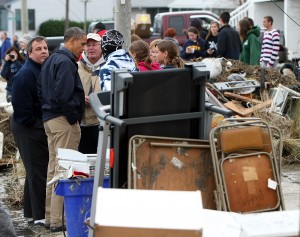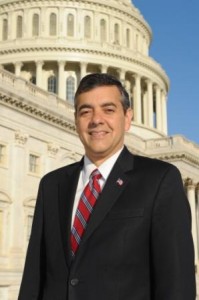Mirror Mirror and His Wall
I think I’m going to have to write a daily piece on how frantic insiders trying to squelch the populism of this year’s election (Trump, especially, but also Bernie) are, at the same time, revealing a delusional lack of self-awareness.
Today, for example, Mitt Romney will make a speech in which he will call Donald Trump phony.
And Wall Street will spend unlimited amounts of money to warn that Trump — as opposed to their own reckless practices and abuse of oligarchical position — will doom the economy.
The pitch to Wall Street titans and other CEOs is that a President Trump would be disastrous for markets and the economy. Many economists say that if the U.S. were to deport 11 million undocumented immigrants in a single year, the immediate hit to gross domestic product would lead to a depression. And slapping massive tariffs on goods from Mexico and China could dramatically increase prices for U.S. consumers and create destabilizing trade wars. “The most important thing about Trump is, he is completely unpredictable and volatile, and the one thing business needs is predictability,” [GOP strategist Katie] Packer said.
Perhaps most remarkable are the bunch of Neocons who signed a letter calling Trump dangerous. In it, some of the signers who have, in the past, argued for ticking time bomb use of coercive interrogation, here call the “expansive use of torture is inexcusable.” The guy who oversaw our last effort to build a wall signed the letter complaining that asking Mexico to pay for one “inflames unhelpful passions.” A slew of past servants to the Saudi family and other vicious dictators complain about Trump’s admiration for foreign dictators (in this case, the democratically elected thug Vladimir Putin). The author of the 16 words in Bush’s 2003 State of the Union complains that Trump is “fundamentally dishonest.” And a bunch of people who worked closely with Dick Cheney as he shredded the Constitution (and at least one of whom helped make legal arguments to do so) worry that Trump’s “expansive view of how presidential power should be wielded against his detractors poses a distinct threat to civil liberty in the United States.”
I mean, all this Sturm und Drang about Trump is nice, but maybe these folks should clean up their own act first?


